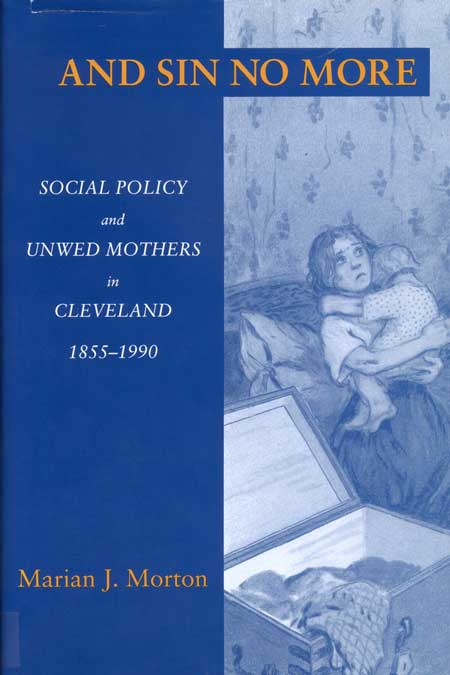And Sin No MoreSocial Policy and Unwed Mothers in Cleveland, 1855–1990Marian J. MortonWomen, Gender, and Health |
 1/15/1993 6x9 | |||
|
In this compelling study, Marian J. Morton traces the development of public and private health-care policies for single mothers and identifies the ways in which attitudes about religion, race, and cultural definitions of womanhood affected their treatment. Focusing on the history of the public hospital and four private maternity homes in Cleveland, Morton considers the care of unwed mothers in the context of developing American social policy from the mid-nineteenth century to today. While social policy has taken on a growing responsibility for health care of dependent people, the perception of unwed mothers as “sinful” by the Christian church and “undeserving” because their situation was brought about by moral failure has differentiated them from other dependent populations. Government provides unmarried mothers with the least support, and private maternity homes, run mostly by churches, have remained committed to the nineteenth-century notion of spiritual reclamation. As Morton shows, regardless of the time period, women pregnant out-of-wedlock have been the dependent population most easily disciplined by private agencies and the most resented and politically vulnerable recipients of public assistance. This vital work sheds new light on the current controversies over public assistance and legalized abortion and offers a powerful appraisal of the uncertainties and inequities of American social policy as it applies to women who fail to conform to social definitions of womanhood. Marian J. Morton is professor of history at John Carroll University. She is the author of The Terrors of Ideological Politics: Liberal Historians in a Conservative Mood and Emma Goldman and the American Left: “Nowhere at Home,” and co-editor with Sylvia F. Frey of New World, New Roles: A Documentary History of Women in Pre-Industrial America | ||||

